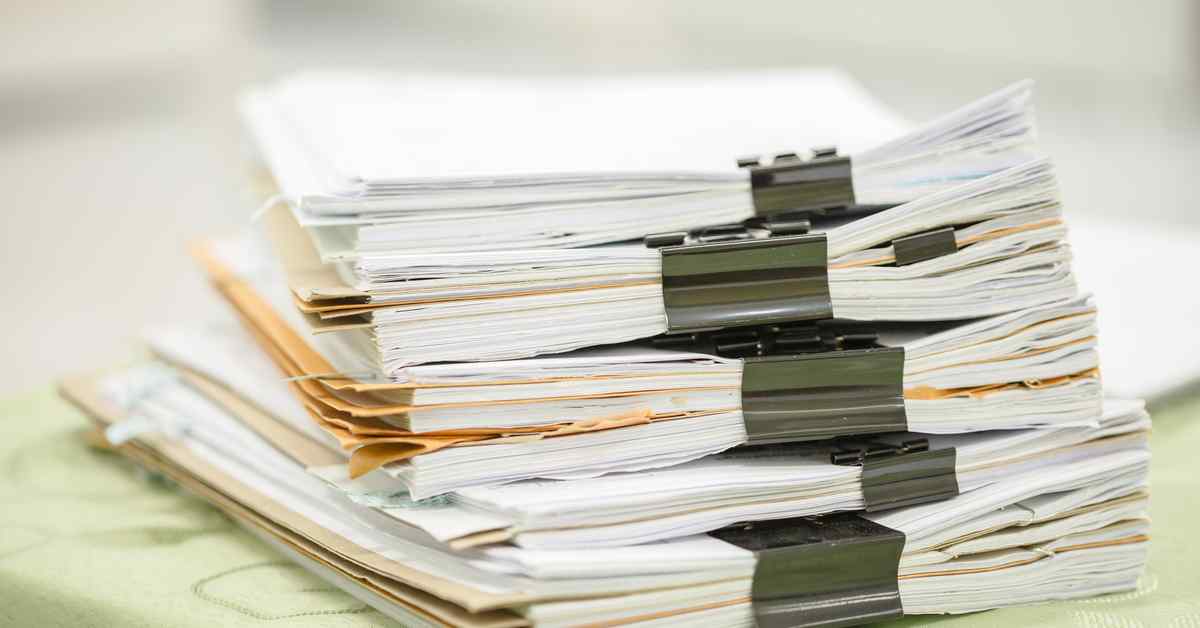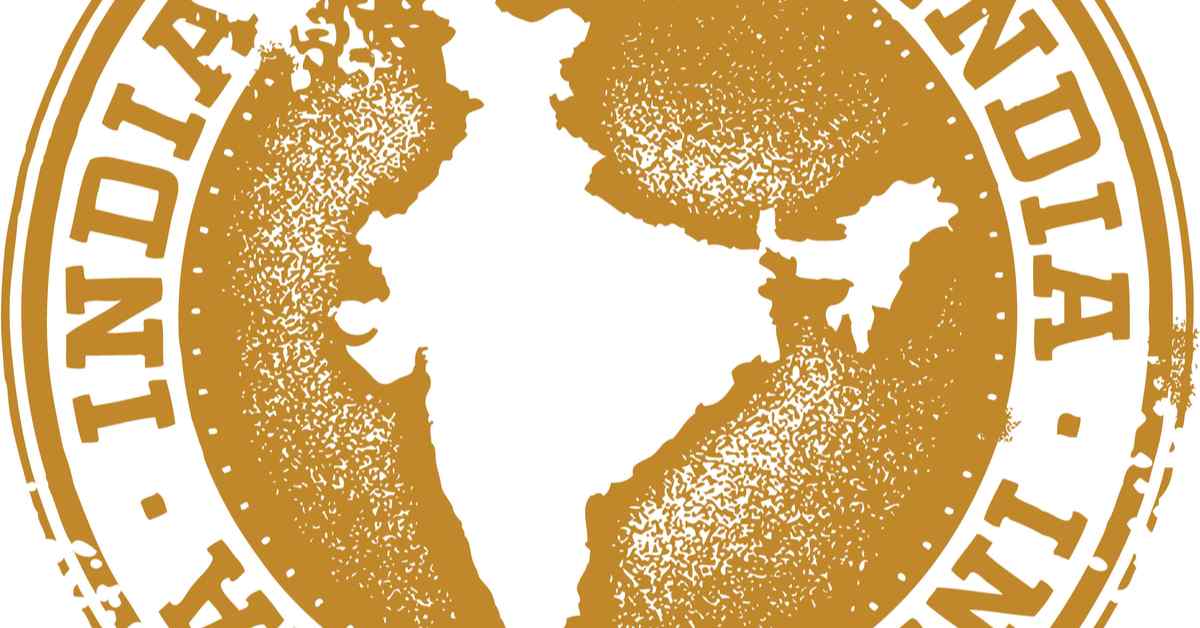Table of Contents
Quality Service Guarantee Or Painting Free

Get a rental agreement with doorstep delivery

Find the BEST deals and get unbelievable DISCOUNTS directly from builders!

5-Star rated painters, premium paints and services at the BEST PRICES!
Loved what you read? Share it with others!

Distressed Property in India: Buying, Selling, Opportunities
Table of Contents
Distressed property in India refers to real estate assets that are facing financial difficulties or are in a state of disrepair. These properties are often put up for sale by distressed sellers due to various reasons, such as financial constraints, legal issues, or other challenges in maintaining the property. Let's look at what is the meaning of distressed property, the process of buying and selling distressed properties how to calculate their distress value in the Indian context and more.
What Exactly is a Distressed Property?
A distressed property in India is a real estate asset that is on the verge of foreclosure or has already been repossessed by the bank. These properties often present an attractive opportunity for investors looking to purchase a home at a discounted price. However, it's essential to note that buyers of distressed properties may also be taking on the risk of significant repairs.
What are the types of distressed properties in India?
In India, distressed properties come in various forms, each with its unique characteristics and reasons for the distress. Let's explore the different types of distressed properties in India:
Quality Service Guarantee Or Painting Free

Get a rental agreement with doorstep delivery

Find the BEST deals and get unbelievable DISCOUNTS directly from builders!

5-Star rated painters, premium paints and services at the BEST PRICES!
1. Foreclosures
Foreclosures are one of the most common types of distressed properties in India. They occur when a homeowner is unable to meet their monthly mortgage payments. In such cases, the bank or lender initiates the foreclosure process and eventually repossesses the property. Sometimes, to expedite the process, the lender may accept a deed in place of foreclosure. In India, lenders are often eager to sell foreclosed properties quickly, adhering to state laws. These homes are typically sold through foreclosure sales or auctions.
2. REO Properties (Real Estate Owned)
Properties that do not find buyers at the initial auction are categorized as Real Estate Owned (REO) properties. These homes are considered distressed because lenders prefer not to bear the responsibility of property maintenance or repairs. As a result, they may be willing to sell these properties at a discounted price. For savvy buyers who know where to look, purchasing an REO property can offer a good deal.
3. Short Sales
Homeowners facing foreclosure in India may opt for a short sale when they find themselves "underwater" on their mortgage. Being underwater means that they owe more on the mortgage than the current market value of the property. In a short sale, a buyer purchases the distressed property for less than what the homeowner owes on the mortgage. This arrangement allows the current owner to avoid foreclosure, and it can also be a favourable option for buyers looking for a cost-effective property.
Risks of Buying Distressed Properties
Buying a distressed property in India can be a thrilling adventure, promising incredible bargains that seem almost too good to be true. However, before you embark on this journey, it's crucial to understand that while the rewards can be substantial, there are significant risks that accompany the pursuit of these distressed gems. If you're a first-time homebuyer, the allure of cost savings should be weighed against the potential pitfalls you may encounter along the way.
1. The As-Is Dilemma
One of the foremost risks associated with buying a distressed property is that these homes are typically sold "as-is." Unlike conventional home purchases where you can meticulously inspect the property before sealing the deal, distressed properties often offer limited opportunities for pre-sale inspections, especially if they're sold at auction.
Even if you do manage to get a glimpse of the property's condition, it's essential to remember that the seller is usually cash-strapped, leaving little room for negotiation on repairs. This means you might be in for unexpected expenses post-purchase.
2. The Auction Ambiguity
When you decide to purchase a distressed property, you can opt for either online or in-person auctions, with online auctions gaining popularity. However, regardless of the auction format you choose, there's always the lurking possibility of being outbid at the last moment. Until the sale is officially finalized, there's no guarantee that the property will be yours, keeping you on your toes throughout the auction process.
3. Delays on the Distressed Path
If you've never ventured into the world of distressed properties before, prepare yourself for the reality that this journey may not be a swift one. Unlike the relatively straightforward process of buying a home from someone current on their mortgage, closing on a distressed property can be a protracted affair.
While the average time to close on a traditional home hovers around 6 to 8 weeks, distressed property transactions can stretch on for 6 months to a year or even longer. Why the delay? You'll often find yourself dealing with lenders who may not be in a hurry to expedite the closing process. Moreover, there could be a labyrinth of hoops to jump through before you can finally call the distressed property your own.
Unlocking Value: Benefits of Buying Distressed Properties
Investing in distressed properties in India can be a savvy move, offering a range of advantages for those willing to tread the path less travelled. While these properties may come with their share of challenges, the potential benefits can be too enticing to ignore. Here are some compelling reasons why buying distressed properties can be a smart choice:
1. Lower Price Tags
The primary allure of distressed properties lies in the potential for substantial cost savings. When a homeowner defaults on their mortgage, lenders are eager to expedite the sale process to remove the burden from their books. This urgency often translates into an attractive discount for buyers. If you're on the hunt for a property deal that won't break the bank, distressed properties can offer a golden opportunity to purchase real estate at a fraction of its market value.
2. Potential for Future Profits
For investors who possess a keen understanding of the nuances involved in acquiring fixer-uppers and transforming them into lucrative assets, distressed properties represent an undiscovered goldmine.
When you invest in a distressed property, you are essentially positioning yourself to capitalize on a unique investment strategy. By acquiring these properties at a reduced price, you open the door to accumulating what is often referred to as "sweat equity." This equity is the value you add to the property through strategic renovations and improvements. It's not just about a financial investment; it's also an investment of time and effort.
As you pour your resources into enhancing the distressed property, you're simultaneously enhancing its market value. Over time, these improvements can significantly boost the property's overall worth. The culmination of your efforts may manifest as a substantial increase in the property's value, translating into a handsome profit when you decide to sell. In essence, you are not merely purchasing a distressed property; you are embarking on a journey to turn it into a profitable venture.
Distressed Treasures: How to Find Distressed Properties
For real estate investors seeking to capitalize on the potential of distressed properties, the hunt for these hidden gems can be a rewarding journey. Distressed properties often offer the dual advantage of affordability and reduced competition. If you're eager to explore this investment avenue, here are two effective methods to unearth distressed properties available for purchase:
1. Bank Auctions
One promising route to discover distressed properties is by participating in bank auctions. The process typically commences with the bank releasing an advertisement, announcing the auction date and inviting bids from potential buyers. However, it's important to note that this method may involve certain complexities, especially if you intend to secure a home loan for the purchase.
Here's a simplified overview of the process:
- The bank initiates the auction and collects bids from interested parties.
- After receiving bids, the bank evaluates offers and determines the winning bidder.
- If you plan to finance your purchase with a home loan, be prepared for potential hurdles as the bank conducts due diligence on the buyer.
- Contracts for property transfer need to be drawn up, and approval from the property's owner is required.
- The bank will also seek a No Objection Certificate (NOC) from the housing society associated with the property, which may reveal any outstanding liabilities to be borne by the new owner.
Keep in mind that some institutions grant their members the right of first refusal, allowing them to match the highest bid to acquire the property.
2. Direct Purchase from the Owner
Another avenue to explore is direct negotiation with the distressed property's owner. In this scenario, you and the property owner would agree upon the commercial terms, exchange a token deposit, and subsequently navigate the bank processes required for the transaction.
Here's a condensed overview of the process:
- The property owner and the potential buyer establish the terms of the deal.
- A token deposit is exchanged as a sign of commitment.
- The bank-related procedures, such as due diligence and paperwork, are then undertaken.
- Upon completion of these processes, the buyer and seller formalise the agreement and take possession of the property.
It's important to note that properties acquired directly from the owner may come with a slightly higher price tag compared to those obtained through bank auctions. Sellers typically aim to recover their initial investment in such transactions.
Navigating the Financing Maze for Distressed Properties
Financing the purchase of a distressed property can indeed be a challenging endeavour, primarily because determining its true value can be elusive for appraisers. In many states, distressed properties sold at auction often necessitate all-cash payments as a requirement.
However, if you're determined to secure a distressed property close to foreclosure, here’s a strategy to consider- The Art of the Lowball Offer.
When you come across a distressed property teetering on the brink of foreclosure, it may be worthwhile to approach the seller with a substantially reduced offer. Many lenders are highly motivated to expedite the sale process and avert the complexities and costs associated with foreclosure. While this approach has no guarantees of success, it can be a strategic way to navigate the challenges of financing a distressed property.
In the quest for the perfect property, the hassles of dealing with traditional brokers and the complexities of distressed properties can sometimes be daunting. But fear not, as NoBroker comes to the rescue! We understand that finding the right property is about simplicity, choice, and staying within your budget.
NoBroker eliminates the need for brokers who often charge substantial amounts as brokerage fees, allowing you to connect directly with property owners and save significantly. With a vast and diverse range of properties to choose from, you're sure to find one that fits your requirements and budget.
So, if you decide that the journey of acquiring a distressed property might be more than you bargained for, NoBroker offers a seamless alternative. Explore our extensive listings, connect with property owners, and embark on a hassle-free journey towards owning the perfect property that meets your needs and stays within your budget. Say goodbye to broker fees and hello to your new home, all on NoBroker!

Frequently Asked Questions
Answer: Common challenges when purchasing a distressed property include the potential need for extensive repairs, unclear property titles, and the complexity of the purchase process, often involving auctions or negotiations with motivated sellers.
Answer: Securing a traditional loan for a distressed property can be challenging due to the property's condition and the need for immediate financing. However, alternative financing options like hard money loans or private lenders may be available.
Answer: Yes, there are risks, such as limited property inspections, competing bids, and potential liens or encumbrances on the property. It's crucial to conduct thorough due diligence before participating in a bank auction.
Answer: Accurately assessing renovation costs requires working with experienced contractors or professionals who can provide detailed estimates. It's essential to consider structural, cosmetic, and unforeseen issues that may arise during renovations.
Answer: Negotiating with motivated sellers may involve offering quick, hassle-free transactions, emphasizing their benefits in avoiding foreclosure, and conducting thorough market research to present a compelling, fair offer that aligns with their goals.
Recommended Reading

Franking Charges Explained: Meaning and Benefits
January 31, 2025
1116759+ views

Rectification Deed Format and Process in India 2025
June 1, 2025
135198+ views

Revenue Stamp in India: Meaning, Types, Uses, Legal Value & Where to Buy in 2025
January 31, 2025
131752+ views

How to Get a Stay Order in India: Step-by-Step Legal Process in 2025
May 31, 2025
96378+ views

Doctrine of Adverse Possession: What It Means and How to Claim Property Rights in 2025
May 28, 2025
92897+ views
Loved what you read? Share it with others!
Most Viewed Articles

Franking Charges Explained: Meaning and Benefits
January 31, 2025
1116759+ views

Society Maintenance Charges : Meaning, Cost, Types and Calculation
January 31, 2025
199712+ views

BBMP E-Khata Registration process for property owners in Bangalore, Karnataka in 2025
March 19, 2025
145603+ views

Daughter's Right in Fathers' Property - the Law is Finally Equal for both Genders?
June 1, 2025
144408+ views

Rectification Deed Format and Process in India 2025
June 1, 2025
135198+ views
Recent blogs in
What Is Cidco Lease Deed: Types, Tenure, Rights and Responsibilities in India 2026
February 20, 2026 by Ananth
Perpetual Lease Deed: Meaning, Rights, Benefits and Registration Process in India 2026
February 20, 2026 by Vivek Mishra
Ground Lease Vs Land Lease: Meaning, Key Features and Legal Distinctions in 2026
February 20, 2026 by Vivek Mishra
Lease Extension Agreement: Required Documents, Cost and Registration in India 2026
February 20, 2026 by Ananth
Mobile Home Lease Agreement: Types, Rights, Rules & Legal Requirements in 2026
February 20, 2026 by Ananth









 Full RM + FRM support
Full RM + FRM support
Join the conversation!